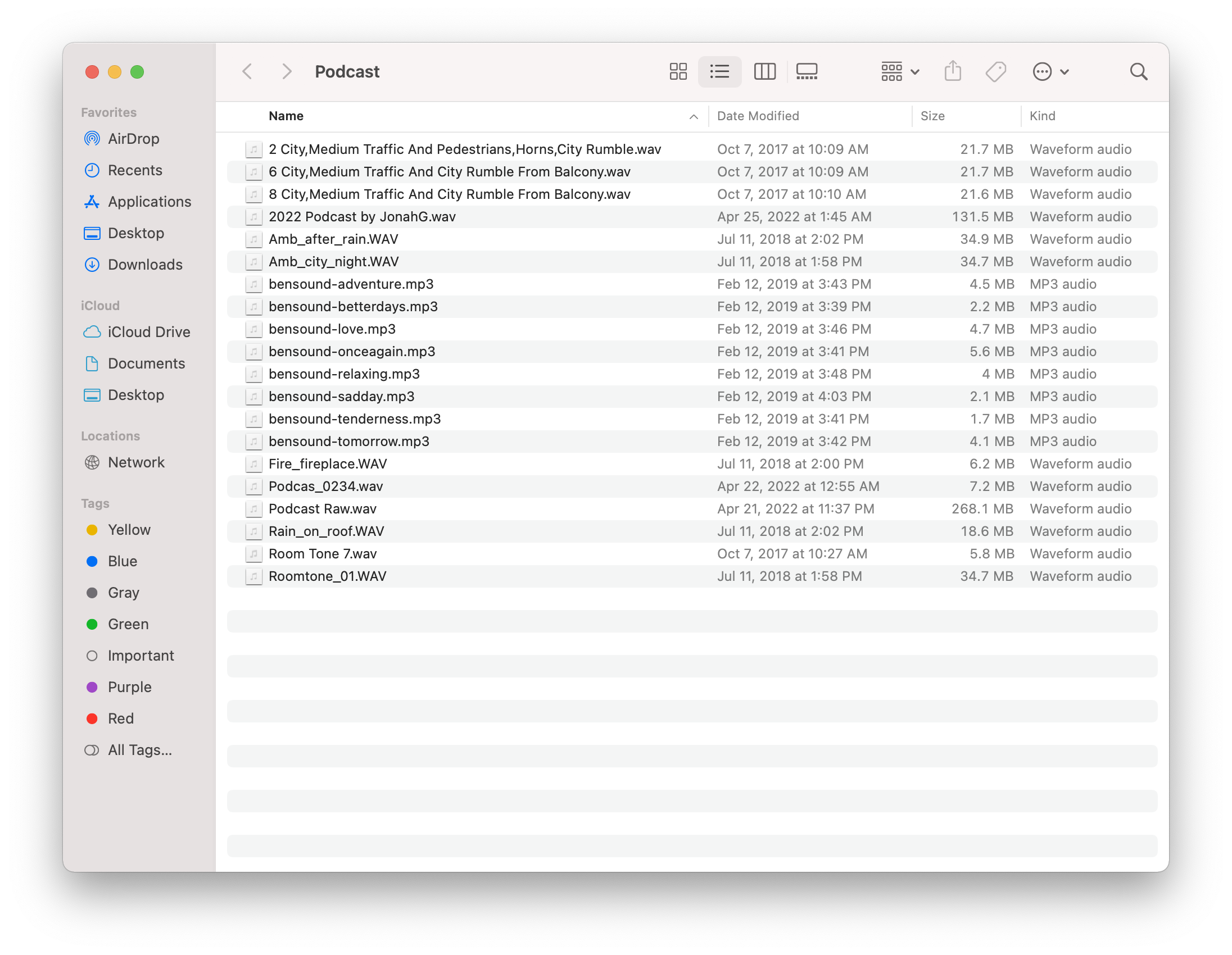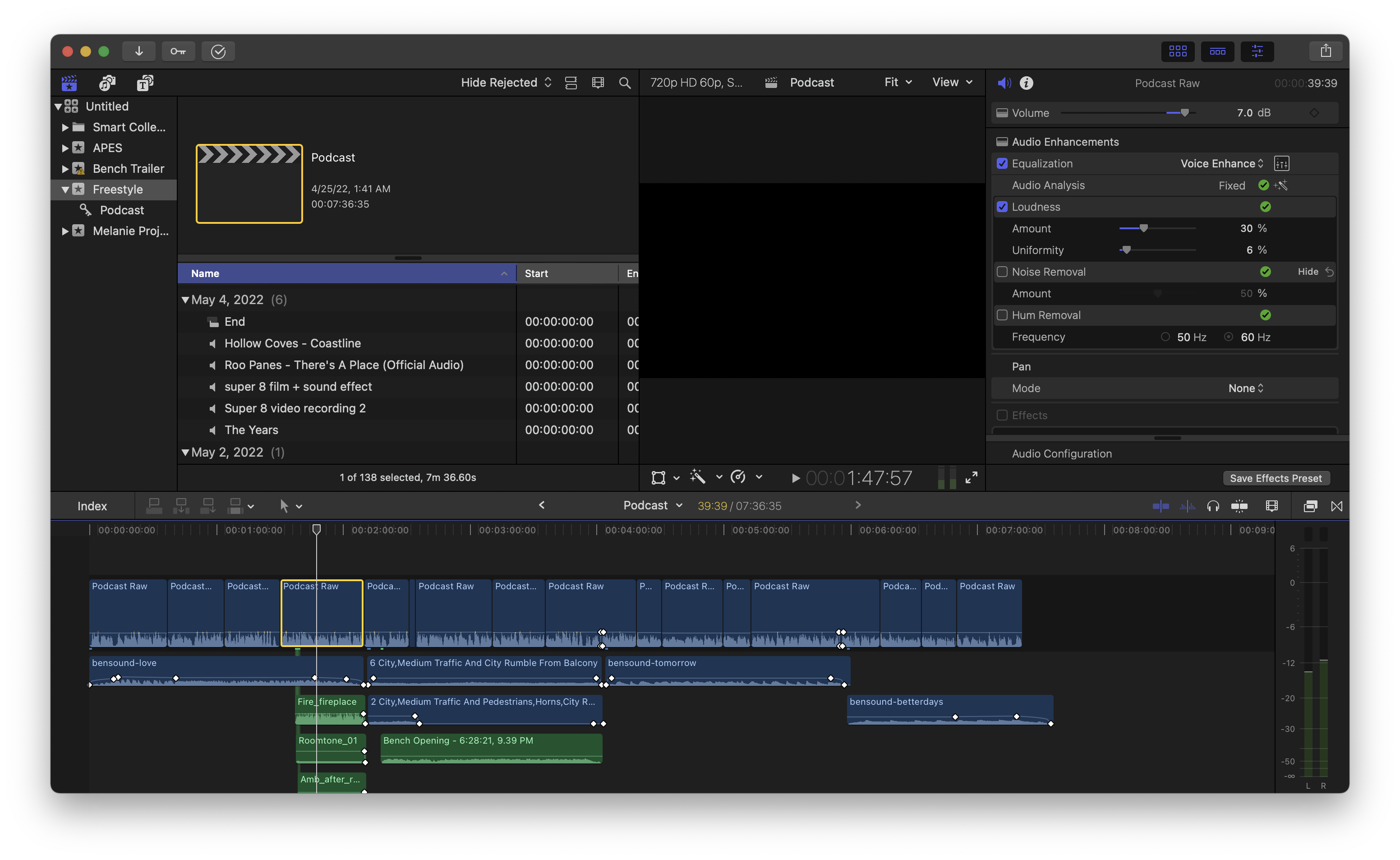About this Podcast
Have you ever looked at yelp reviews and come across one that’s longer than the commute for whatever it’s for? That’s this podcast, except spoken. Adapted from my lyrical essay of the same name, this yelp review is of the 1995 film Whisper of the Heart.
About Jonah Greenebaum
Jonah Greenebaum (me) is a current Mountain View High School and Freestyle Academy senior studying film. He also helps lead a semi-professional school choir called the Madrigals and has a passion for history, writing, and animation (despite the fact that he cannot draw for the life of him). Whisper of the Heart kickstarted his love for Studio Ghibli, being a beautiful animated film about writing and how creativity processes through the mind, and has inspired much of his writing, specifically in theme and feel. After high school, he plans to major in film, possibly double-majoring (or minoring) in history or psychology.
Introduction
As I was writing my lyrical essay, I knew there would be a podcast project right after. I didn’t exactly know the specifications or how it would all work, but I did know that one of my favorite books of lyrical essays, the Anthropocene Reviewed, was also a podcast. Writing my lyrical essay, I then tried to craft it so it could also be a podcast. I tried to write in a more natural speaking voice, and give it that almost thought-wandering structure that would translate well. I wrote about something that deeply influenced my life and I had a lot to say about. Whisper of the Heart is something that deeply affected my artistic work going forward and how I perceived mental health in terms of creativity. My goal was for it to feel natural and personal in a way that something aside from a podcast or video essay can’t really.
The challenge, then, was to be able to translate that exactly. I had to study and learn specifically how to translate something written, even if it was somewhat written as a podcast, to a different art form. There are things that distinctly make podcasting different than any other form of expression, including writing; how to speak, sound effects to use; music, and music transitions. I had to make sure that I could breathe new life into the essay without losing its core which made it personal and special.
Process
My process for this project was fairly straightforward but still took a lot of time and tweaking to get correct. It involved recording for about an hour or two in my closet, attempting to get the perfect takes and blend of sincerity and natural speaking, while my cat clawed at the door, and parents made noise, and gathering the proper foley I needed before choosing how to blend them.


I decided to edit using Final Cut Pro instead of Pro Tools, both because it has similar audio features if you need them and because I’m more familiar and find it easier to use, especially for a fairly simple project like this. I gathered a whole lot of different sounds I might need like different ambiances for scenes I describe or specific sound effects to give parts a more dreadful or comforting feel. Choosing them wasn’t entirely difficult, but I did discover the variety of sounds in things like rain and the city, and how for a podcast, you often need quieter ones that convey the same emotion as a more bustling city or normal rain sound effect might. Then it was essentially just inserting them in and changing the levels so everything was balanced correctly.
Then I worked on inserting the music, probably the most difficult part. Not because of balancing or any real technical aspect, but because of exactly what music worked for my podcast. Because it is one that is more personal and relies on the emotional connection more than necessarily listening to an interesting story or interview, I needed music that could convey that. But at the same time, the music couldn’t overrun the voicing that was being done. I found that more subtle, atmospheric music tended to do the job better than something more clear and bombastic. Something that poked more subconsciously at the emotions primarily being felt through the voice rather than in something like a film where you can often let the music take over.
Reflection
This podcast project gave me a chance to do something I have always wanted to try, which is, essentially, to make a lyrical essay podcast similar to the Anthropocene Reviewed. While there were certainly parts I could’ve done better, specifically with some line delivery and more refined voice audio enhancement and recording (there with a breathy wind pop too many times for my liking), I am generally happy with how it turned out. It allowed me to learn how to convey sincerity and my own emotions in a way beyond writing or the screen. I have always struggled with audio in general, so to be able to learn how to properly mix in a way that can affect people was really fantastic.
I rate my podcast experience 4/5 stars.
